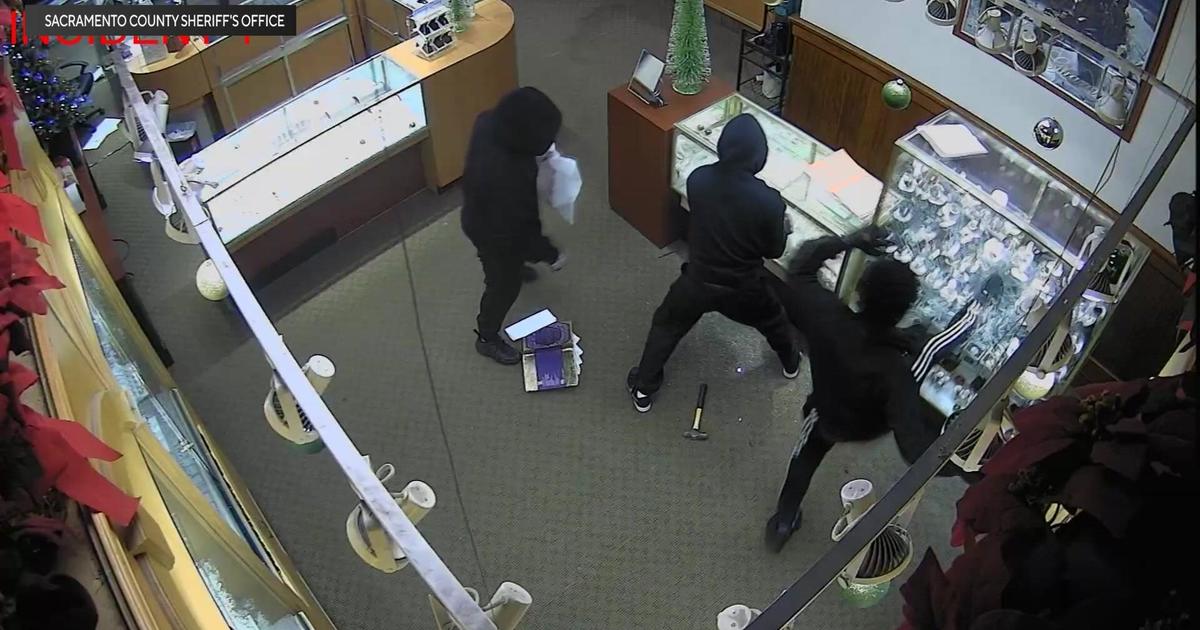"Take care of yourself": Sacramento's Safe Black Space on impacts of Tyre Nichols' death
SACRAMENTO -- Five fired Memphis police officers were charged with second-degree murder in the death of Tyre Nichols, Tennessee authorities announced Thursday. Nichols died three days after a violent arrest by police earlier this month.
Video footage of the arrest would be released Friday sometime after 6 p.m., Shelby County District Attorney Steve Mulroy said. The footage has been shown to Nichols' family but has not yet been made public.
The footage has been described by Nichols family attorney Antonio Romanucci: "He was defenseless the entire time. He was a human piñata for those police officers. It was an unadulterated, unabashed, nonstop beating of this young boy for three minutes."
Nichols family attorneys said his cause of death was "extensive bleeding caused by a severe beating." Attorney Ben Crump said the beating went on for more than three minutes and the footage includes Nichols being tased, pepper-sprayed and restrained.
These details can retraumatize, according to Dr. Kristee Haggins, the founder and executive director of Safe Black Space in Sacramento. Her background is in African American culture and Black mental health. She founded the nonprofit in 2018 after the death of Stephon Clark.
She pulled together faith leaders, community activists, educators, and anyone who "loved Black people," she said. Safe Black Space was created to support the Black community after that tragedy in 2018 but has transformed into a space "for and by Black people" to process the anti-Blackness Haggins said impacts so many.
The group hosts community circles to engage and support.
Mind, body, and spirit impacts of Tyre Nichols' death
Dr. Haggins said there are steps that individuals can take to protect their peace and process Nichols' death. It starts with a decision, she said, when it comes to watching the body camera footage of Nichols' beating, which is set to be released Friday.
"Making an intentional decision about whether or not you want to watch it," said Haggins.
Part of processing, Haggins said, is also understanding and being aware that children and youth are present. Be attentive.
"What happens when we keep the news on steady stream and they're in the background as well?" said Haggins.
People will have a variety of reactions, being in tune with what you need. It may be connecting with friends, "vent and yell and scream." For some it may be to protest, Haggins said, to get out.
For others, it may be staying in tune with the things that bring a sense of settlement and ease in everyday life and continue. Haggins said consistency and normalcy are crucial in these times to process trauma, like what will likely play out on body cam footage.
Rest, nourishment, and hydration are key parts of this healing and processing, Haggins said, as bodies internalize stress, sadness, and anxiety. Ultimately, she said to be aware of "how you feel."
"Ask for help. Seek help. Take care of yourself, and take care of our little ones," said Haggins.
If more support is needed from a therapist or psychologist, family member, faith leader, or physician, Haggins said to ask, if needed. On the other side, you should offer help if you see it's needed.
What are community healing circles?
Safe Black Space Community Healing Circles are supportive and confidential gatherings that help stabilize Black communities experiencing racial crises. They provide an initial entry point for healing. Participants share their stories and feelings; deepen their understanding of the impact of historical forces and images on their lives; learn about and practice self-care and community care strategies; and identify local resources.




